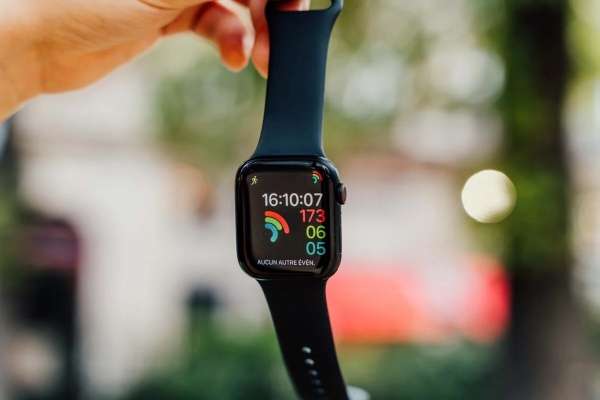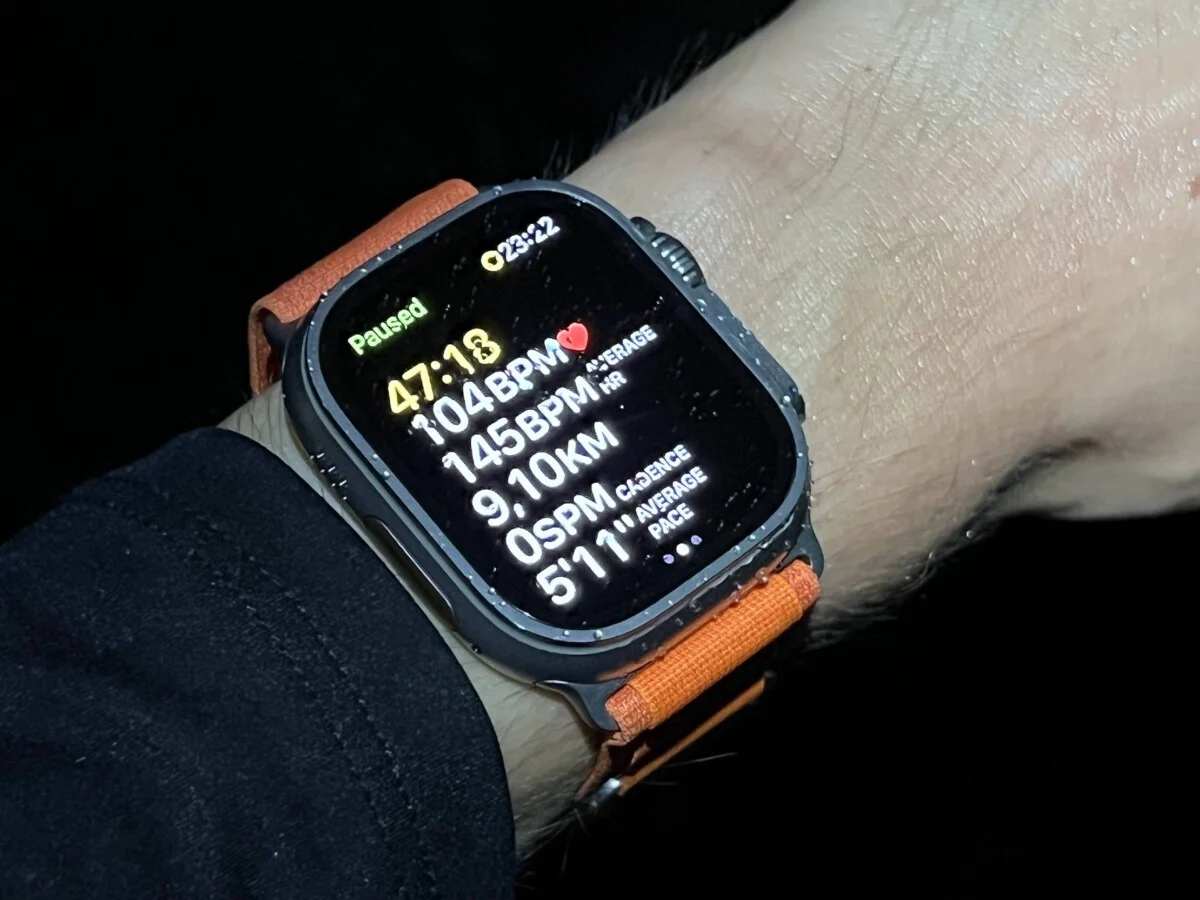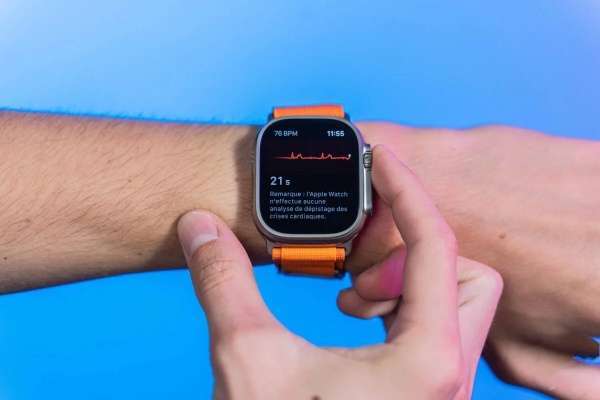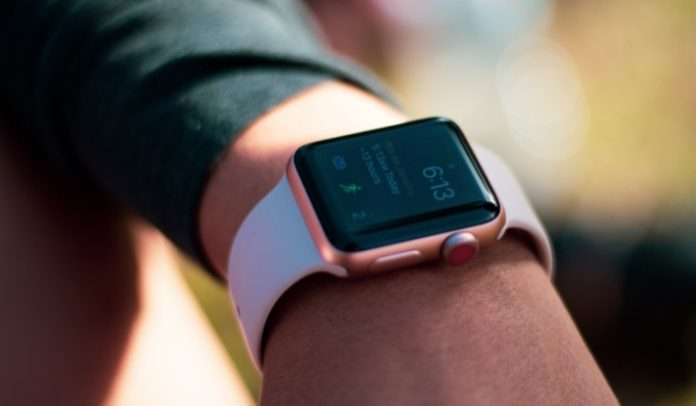The American International Trade Commission (ITC) determined that Apple infringed on patents related to electrocardiograms in its Apple Watch. A triumph for AliveCor, who has been battling for his rights for years. If Apple’s linked watches’ marketing is jeopardized, this does not necessarily imply that they will be restricted from sale & apple watch banned.

When Apple introduced the ‘Apple Watch 4’ in 2018, one of the big headlines was the inclusion of a genuine electrocardiogram (ECG) built into the linked watch. At the time, Vic Gundotra, the founder of AliveCor, accused Apple of stealing technology from his firm. In 2015, the latter created an Apple Watch band with an ECG. The goal was to form a cooperation with Apple, which had never occurred. According to 9to5Mac, “AliveCor alleged that Apple had stolen its patents and launched an application to the ITC to block sales of Apple Watch in the United States” last year.
READ ALSO : Best TV Box in 2022
Apple Has Infringed Patents For Its Apple Watch ECG: They Can No Longer Be Imported Into The US
The ITC found on Thursday, December 22, that Apple had infringed on AliveCor’s patents. Already in June, the ITC hinted that Apple would face penalties for infringing on these ECG patents. A ruling that “resulted in a restricted exclusion order as well as a cessation and abstinence order”.
According to Reuters, “a group of Democratic legislators in Congress requested ITC not to restrict imports from Apple Watch” in October. According to him, « restricting access to the technical giant’s heart surveillance technologies would have a harmful influence on public health ».

Decisions that might preclude Apple from importing linked watch devices into the US that infringe on those patents. However, the enforcement of these orders is halted until Apple has exhausted all available remedies. If they are implemented, they will have an impact on Apple Watch Series 8 and Apple Watch Ultra sales in the United States.
Joe Biden Can Lift Import Ban On Apple Watch
The final decision is up to Joe Biden (or his administration); the President of the United States has 60 days to make a decision. According to Reuters, there is a time restriction during which it can « decide to reject the import ban on the grounds of political considerations ». The American International Trade Commission “imposed a $ 2 bond for each Apple device in major breach during the presidential review period” during this time. A prescription was also revoked.

According to the news agency, American presidents seldom veto import prohibitions. If Joe Biden does not rule within two months and the import ban is imposed, Apple can still file an appeal with the federal circuit court of appeals.
A Legal Battle Between Apple and Alivecor Which Will Continue
Apple expected and submitted an appeal to the Patent Trial and Appeal Board (OCT), technically the Patent Trial and Appeal Board, which is part of the United States Patent and Trademark Office, in response ( USPTO ). The corporation requested that this commission rule that AliveCor’s innovations were “not patentable,” therefore invalidating the ITC judgment. According to the organization, AliveCore’s inventions are too generic to be patented, therefore recognition was granted in early December.

AliveCor welcomes the decision in a news statement, calling it a triumph not only for her, but also for “other creative small enterprises” and, more broadly, for customers. Apple stated that it disagreed with the ITC judgment but was pleased with the postponement of the import ban.
Apple has replied with another action in the San Francisco Federal Court merely for « alleged breach of its patents ». According to 9to5Mac, AliveCor responded with a « antitrust complaint, claiming that Apple was preventing the apps of its rivals by limiting access of third-party programs to the heart rate monitor ». AliveCor intends to seek compensation for “anti-competitive activity” in this trial, which will take place in the northern district of California in early 2024. The business filed another case for “similar patent infringement,” this time in Texas Federal Court.
This is not the first time Apple has been charged with patent infringement. For this reason, the business was required to pay Qualcomm $ 31 million three years ago.


